The Supreme Court Doesn’t Need Trump to Dismantle Democracy, But He Helps
With the “shadow docket” full of appeals from the Trump administration, the term hardly feels over.
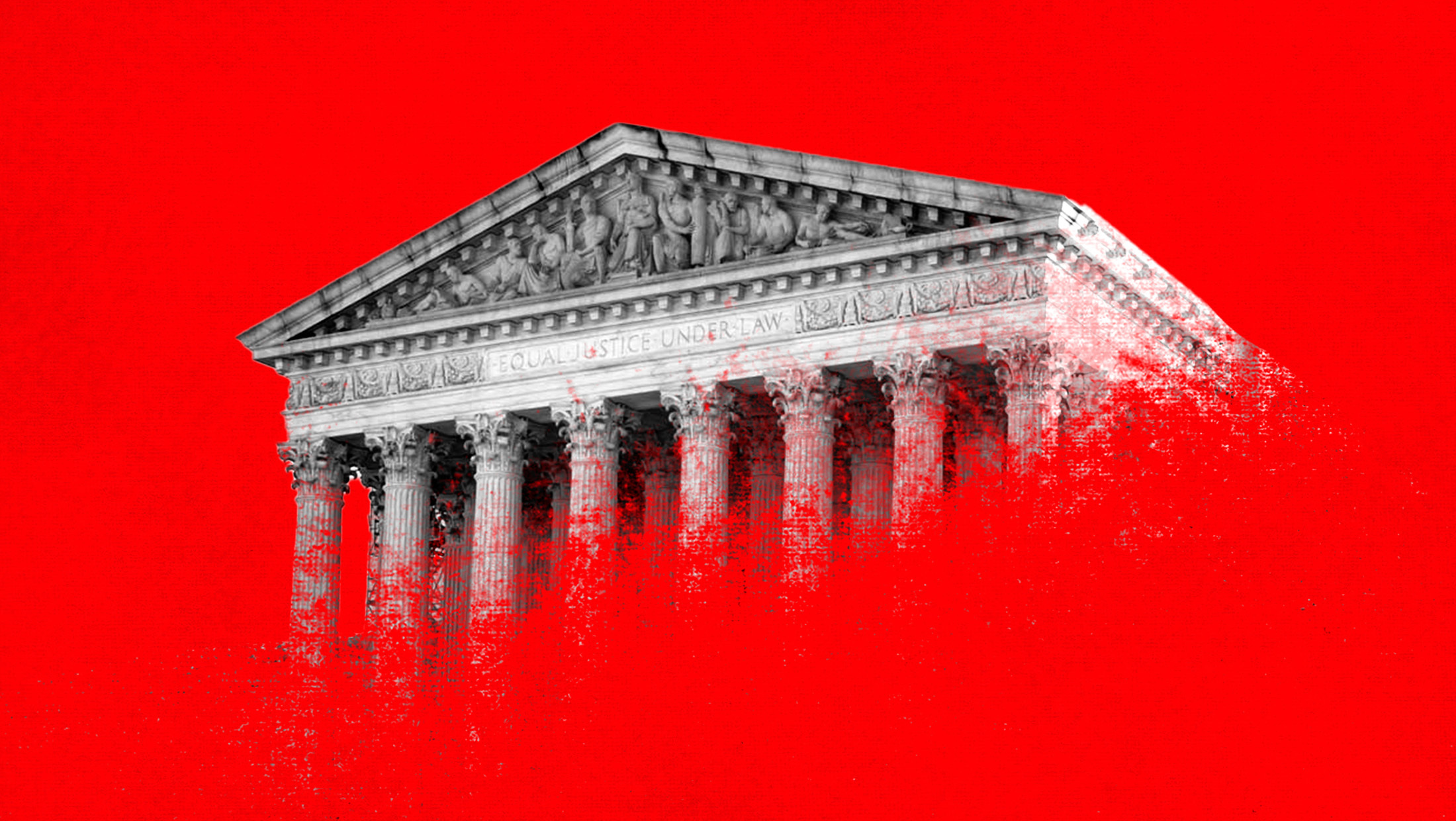
With the “shadow docket” full of appeals from the Trump administration, the term hardly feels over.

Since Trump stepped back into the Oval Office, we have quickly developed a warped sense of what is acceptable conduct from government officials. It goes without saying: if Joe Biden’s director of national intelligence had made a similar claim about a Republican lawyer, it would have been treated as a scandal.
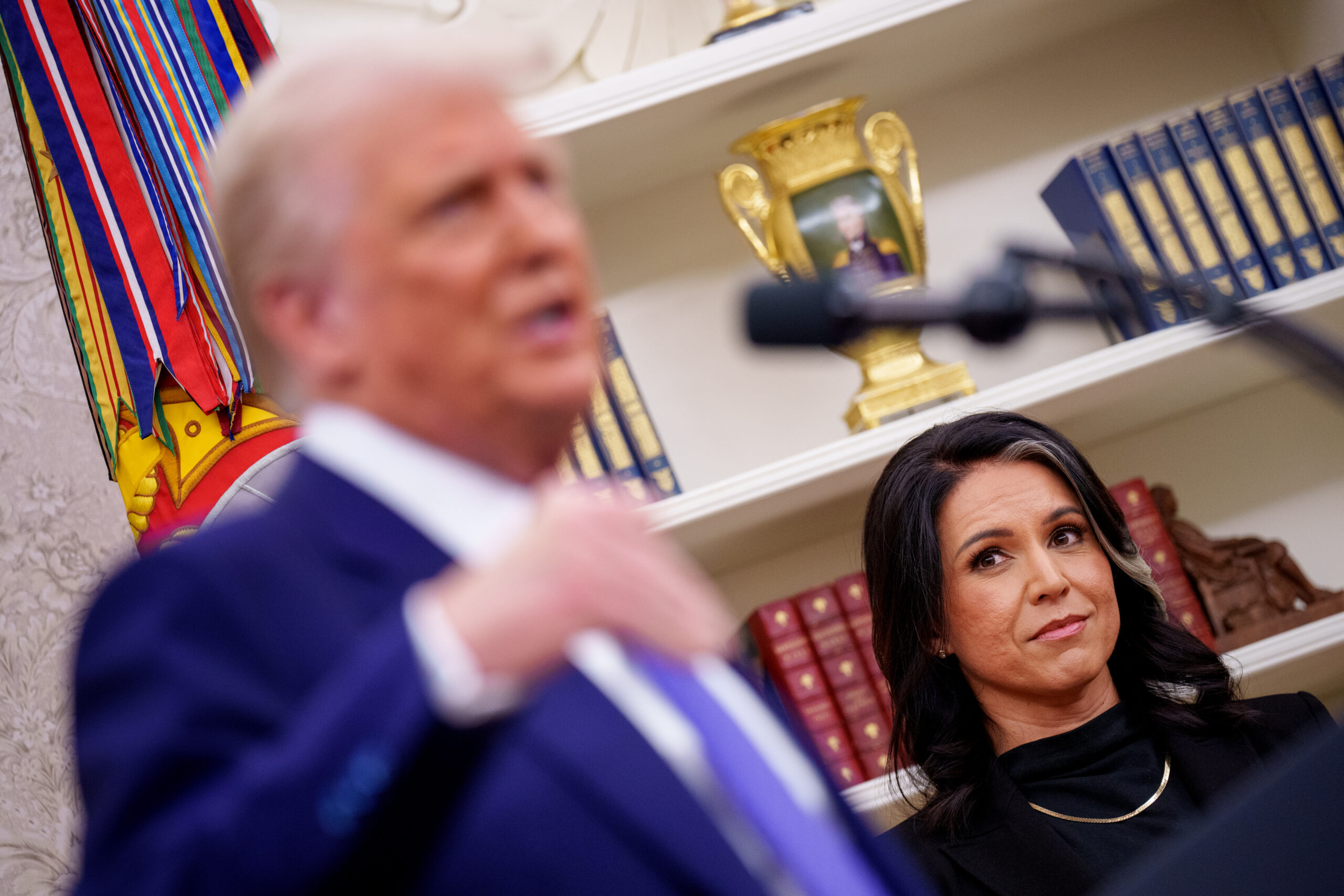
An unpopular provision in a decades-old law lets ICE collaborate with state and local police by delegating to them the authority to enforce immigration rules.
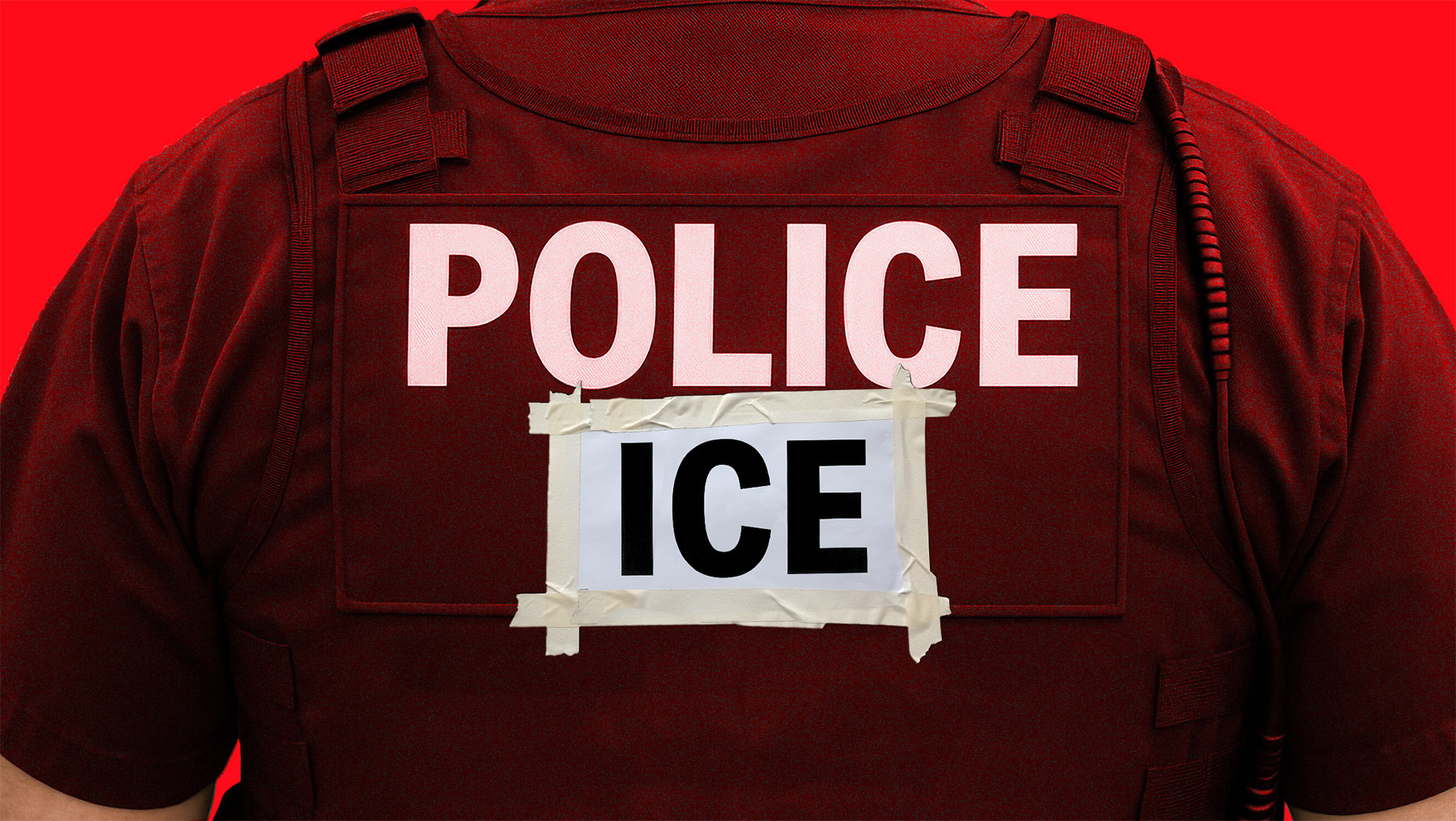
In November, Mainers will be faced with a ballot initiative that would radically restrict voting rules in the state, and which is modeled after restrictive voting laws passed in Ohio, Georgia and elsewhere.
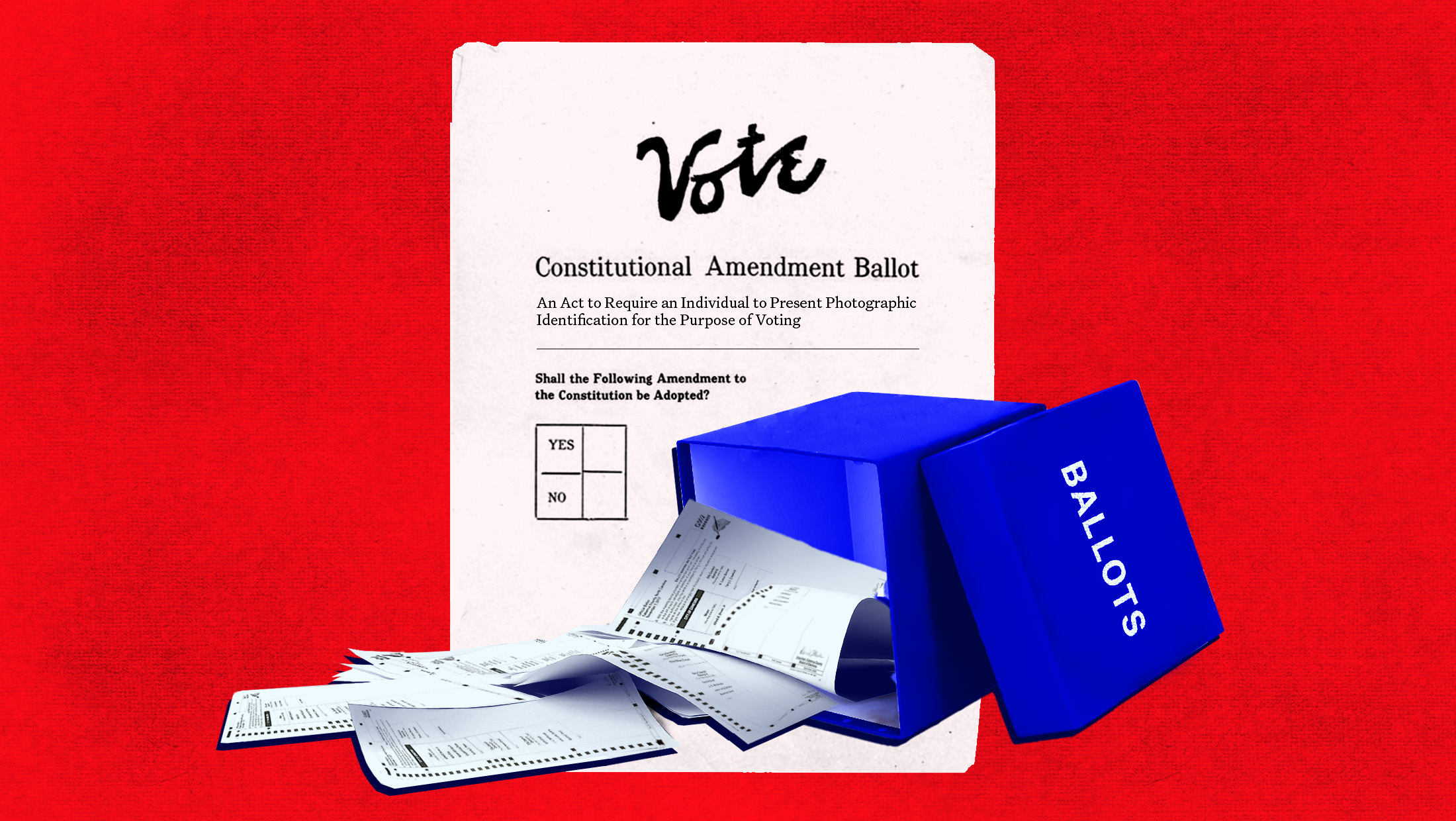
As we know, Republicans make up their own rules and hope no one questions them. Therefore, those of us in the pro-democracy camp can no longer afford to play by the traditional rules.
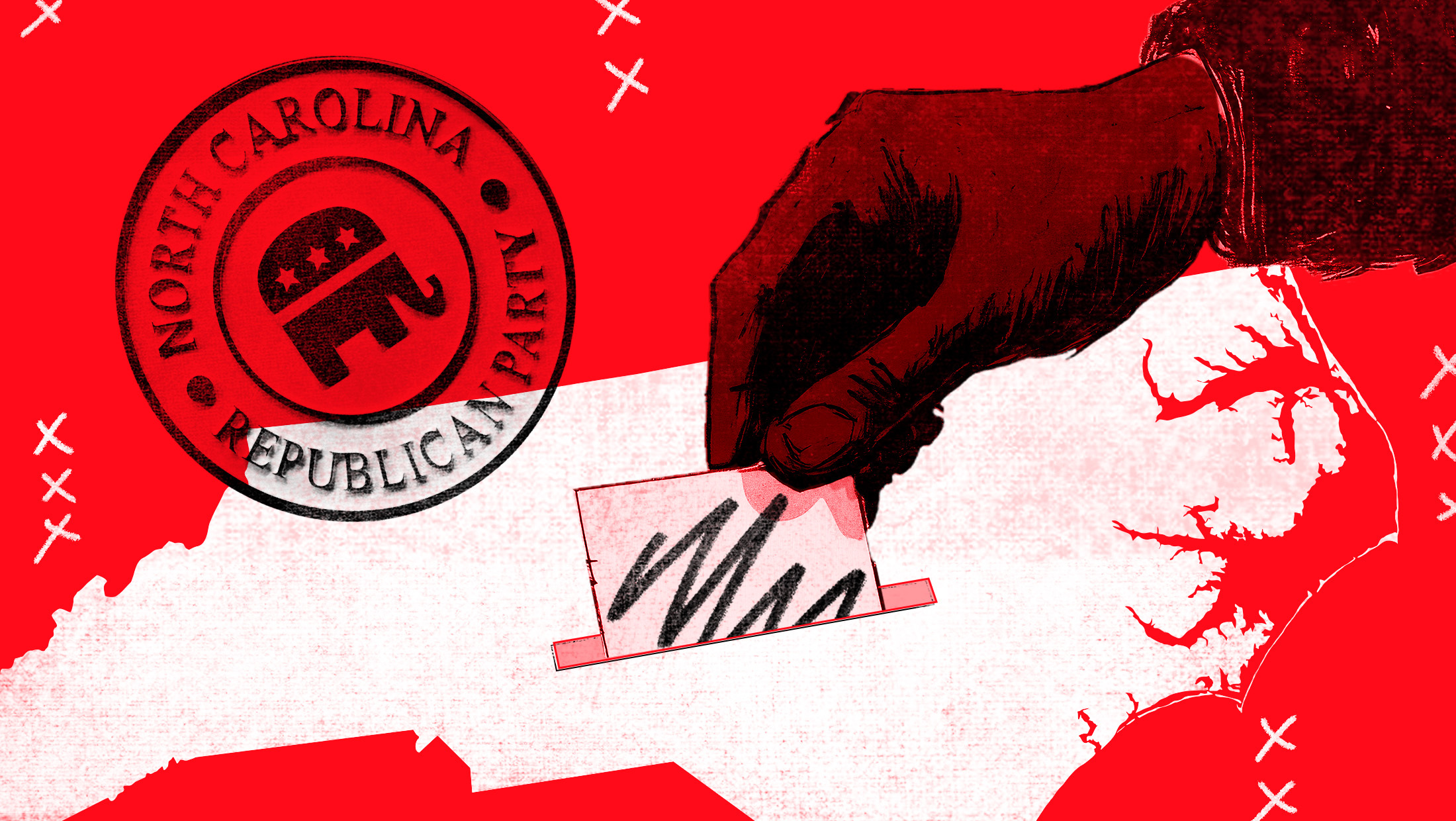
Democracy advocates fear that Rubio’s order, which ends the longstanding bipartisan support for promoting free and fair elections globally, will result in the United States only condemning electoral irregularities in countries ideologically opposed to the Trump administration.
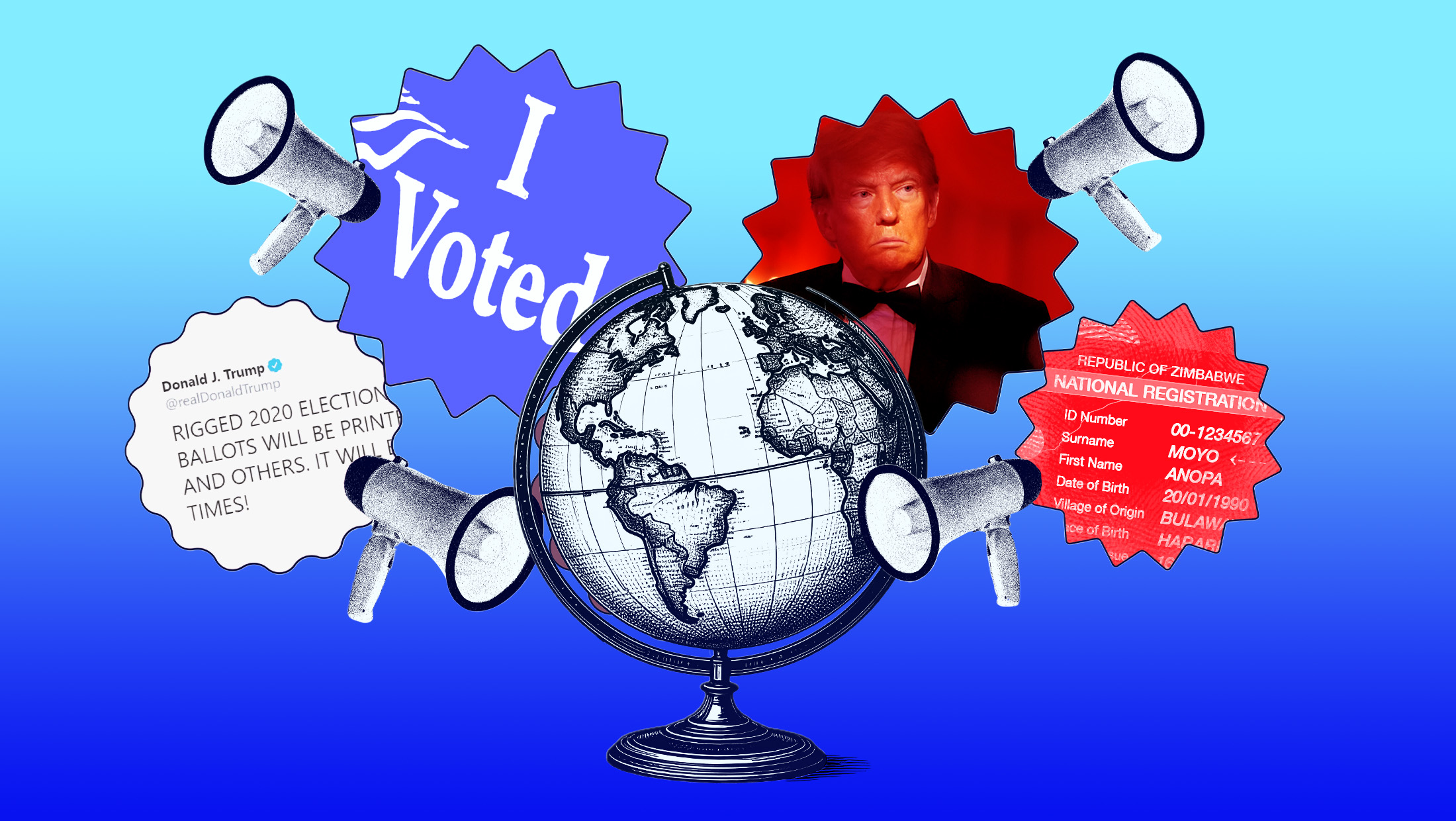
If recent Supreme Court decisions are any hint, our nation’s highest court won’t be stepping in to protect voters of color.
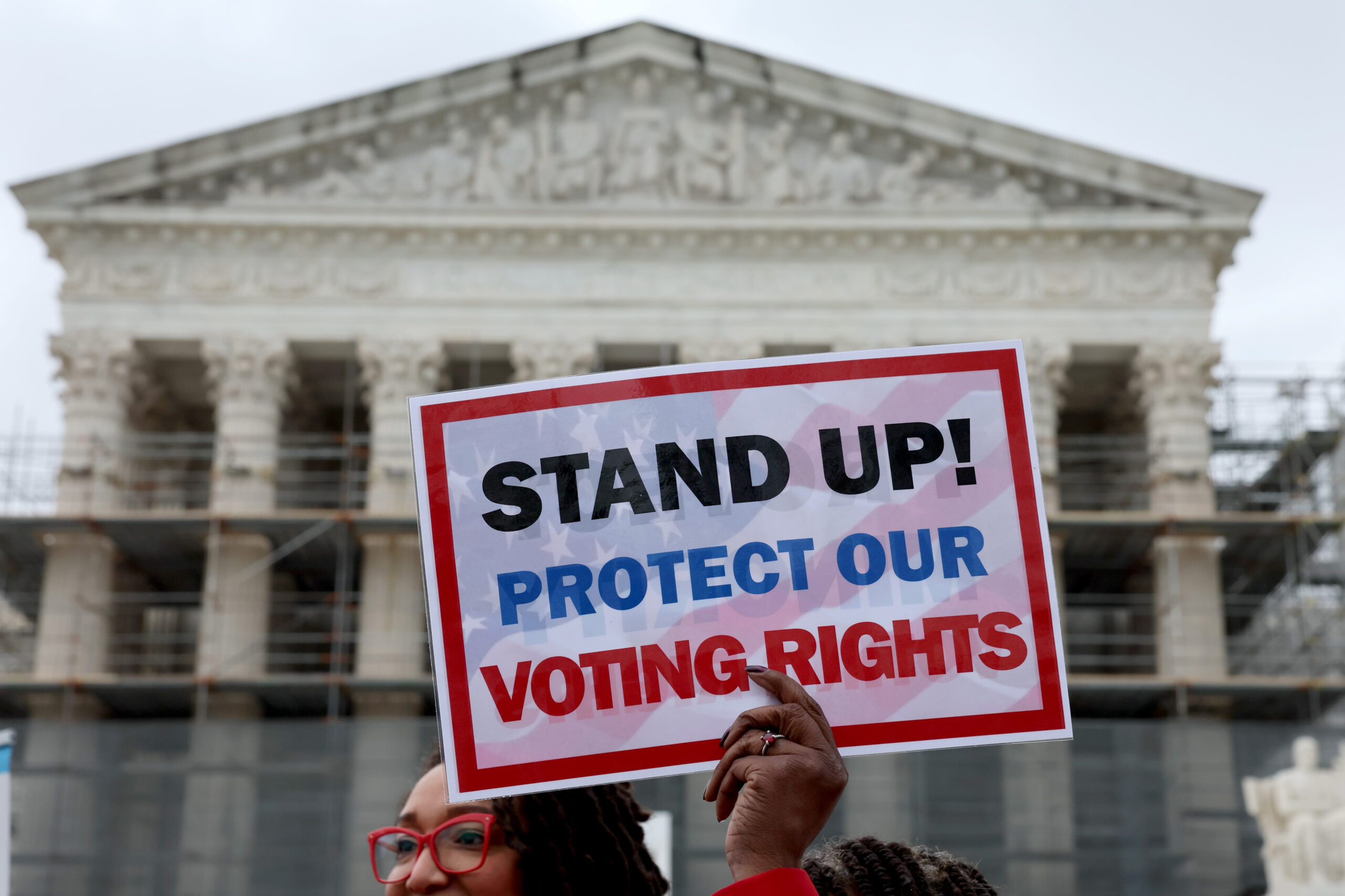
In an interview with Democracy Docket founder Marc Elias, Holder described the changes to his old department under Attorney General Pam Bondi’s leadership.
In an interview with Democracy Docket founder Marc Elias, Gov. J.B. Pritzker of Illinois (D) explained why the fight matters.
We are not powerless and we must not act like we are. By expecting — insisting — that courts protect the Constitution and the rule of law, we use one of the most important tools available to us.
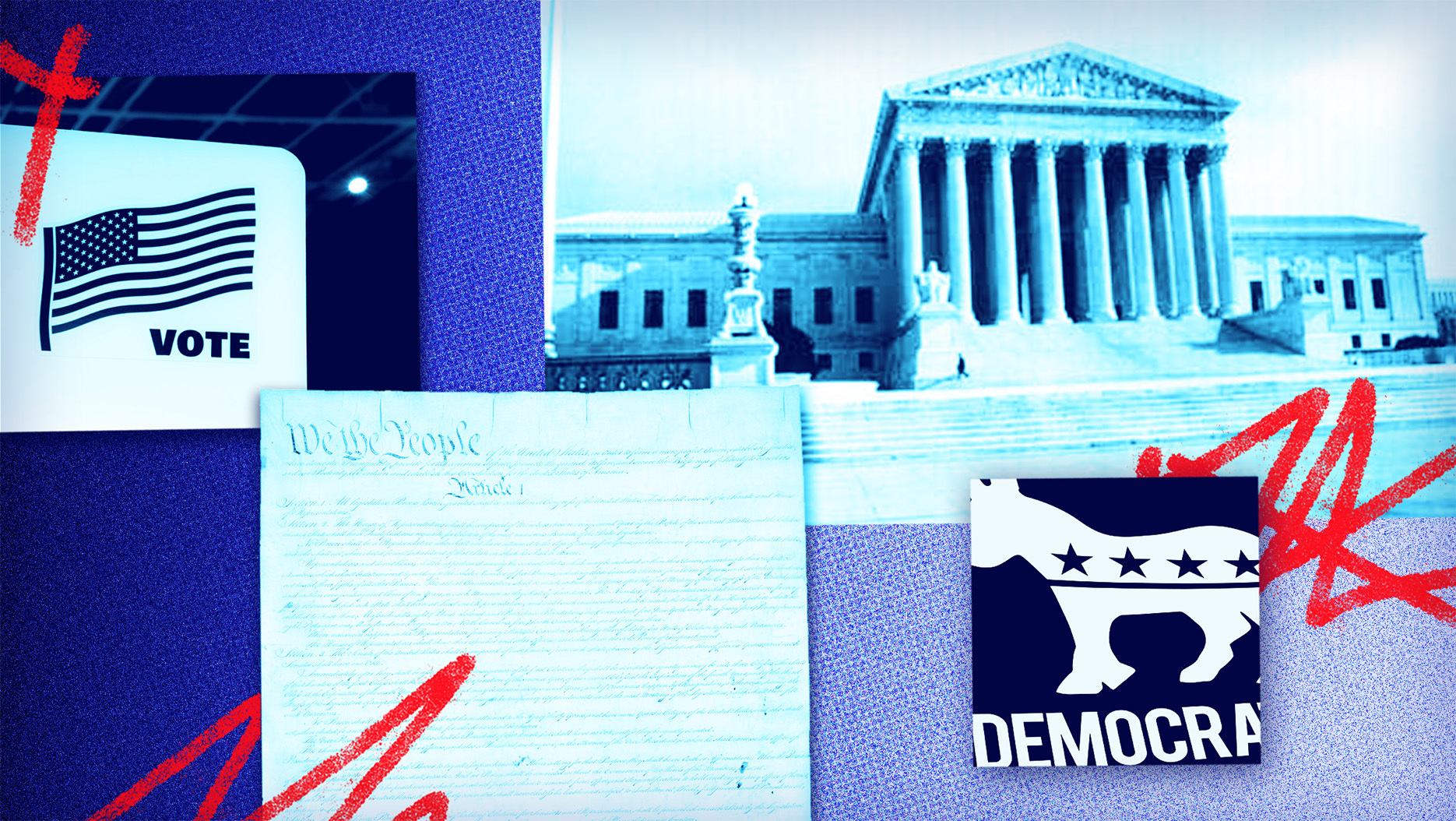
Page 1 of 3